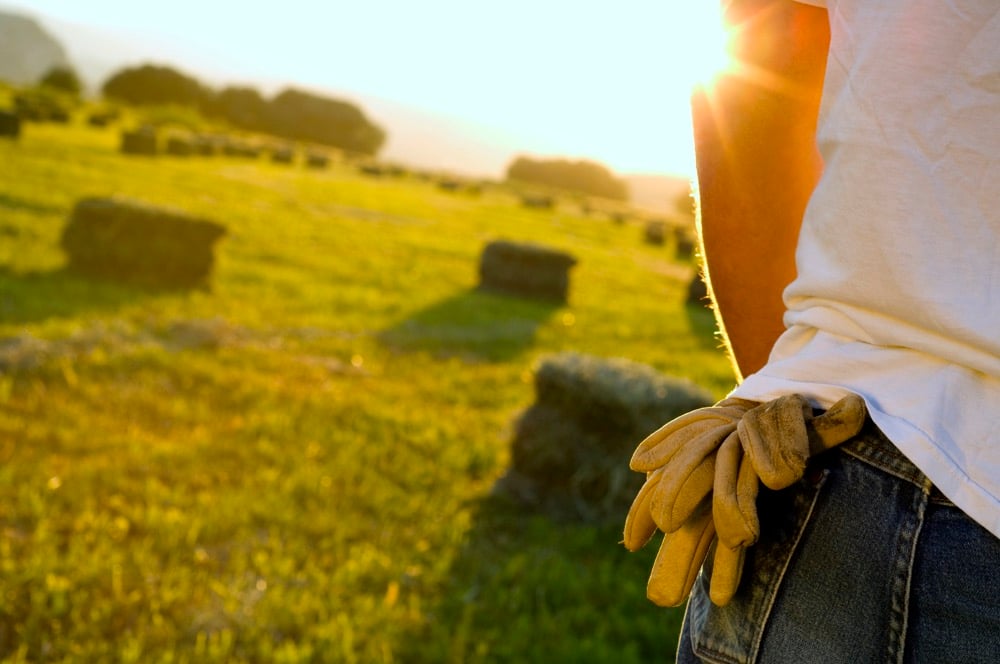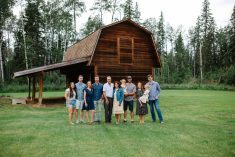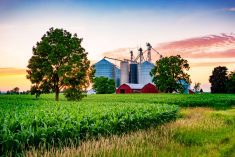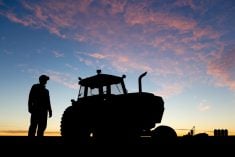The definition of “legacy” in agriculture is changing.
I have worked in this industry in some capacity for more than two decades and the one constant is that every family farm believes in legacy, the ability to create something that your children want to be a part of after you are gone. For years, that meant farming, acres and lifestyle. Only lately has the definition of legacy slowly changed.
It is no secret that land ownership in agriculture has been the primary driver of wealth and growth over the last decade.
Read Also

How scientists are using DNA and climate data to breed crops of the future
A method for forecasting how crops will perform in different environments so that plant breeders can quickly select the best parents for new, climate-resilient varieties.
But now, as land prices begin to escalate past the point of profitability, the discussion around legacy and succession has become more complex. How do you balance legacy and family when it comes to the next generation?
The farm legacy
The days of the successor purchasing the farm from his or her parents are long gone.
The feasibility of purchasing millions of dollars of real estate to start farming is a ceiling no young farmer can break through. This is why the tax changes proposed by the government were, quite honestly, not a large issue for most working in agriculture. You don’t pay tax if you don’t sell.
The succession or transition plan of a multi-million-dollar farm is now a balancing act of retirement funds and estate. A large portion of the wealth accumulation in real estate, and in the operating company, will never be purchased and will be drawn on for retirement up until death. Any other plan would put the next generation in a position where it would not be feasible for the farm in terms of profitability or ability to scale.
Most operations today survive because they have minimal land payments on multi-generational real estate. If you had to pay rent or interest on every acre you farmed, it would not be sustainable over the long term.
As land values continue their steady climb, farm legacy is being built on wealth through multiple generations — no different than the Rockefellers or the Vanguards.
Today’s generation is creating equity for future generations to use in business. Future growth depends on old equity and future generations depend on growth.
It might be a different way to look at it, but succession is no longer at the kitchen table; it’s in the boardrooms.
The family legacy
When we talk about succession, we often talk about fairness and equality for the next generation. But what if the legacy was opportunity not acres?
Only in agriculture do we believe that our wealth can solely be used to invest in one singular business. But what if I told you that real estate can be mortgaged to invest outside of the farm’s walls?
For example, purchasing a clinic for your child in veterinary medicine, providing startup capital for an agronomic consulting business for your youngest heir, or even purchasing a portion of an ag-tech company for your technology-centred middle child.
These are all legacies.
When it comes down to it, outside investment can be a great diversification option to complement farming — better still if it’s a cash-rich business since farmers seem to always have empty wallets.
Smaller operations continue to focus on acres, but even now, with today’s land prices, I believe this is starting to change. Maybe the farm is no longer the best investment for legacy; maybe your children are the legacy.
Regardless of how you feel about farming or your legacy, times are changing and those that adapt will survive. My consulting conversations today are no longer just about farming; they are about return on equity and retirement investments outside of agriculture.
In fact, most progressive operations today are looking for diversifications outside of the farm due to current violent swings in volatility.
Why should legacy depend only on those who want to work in acres, not hours?















